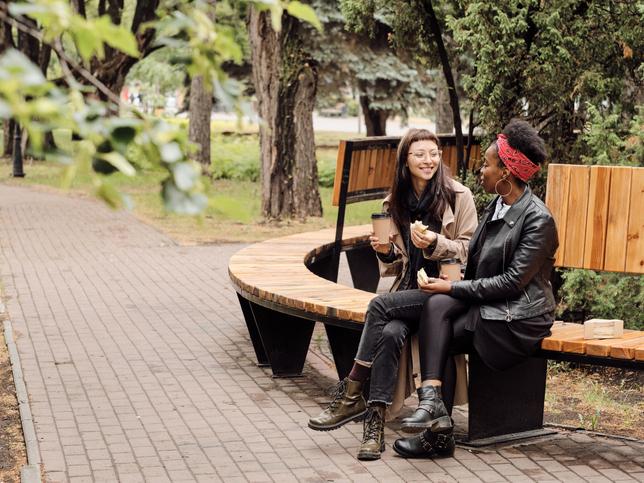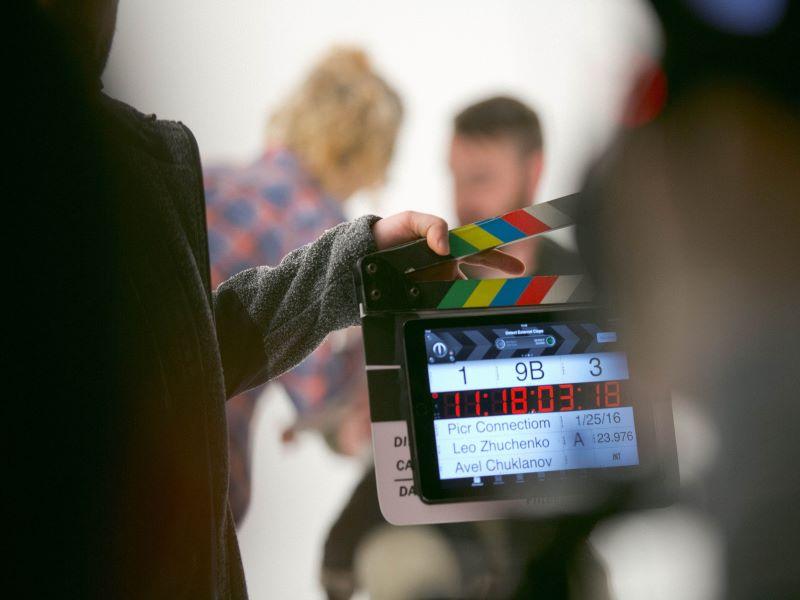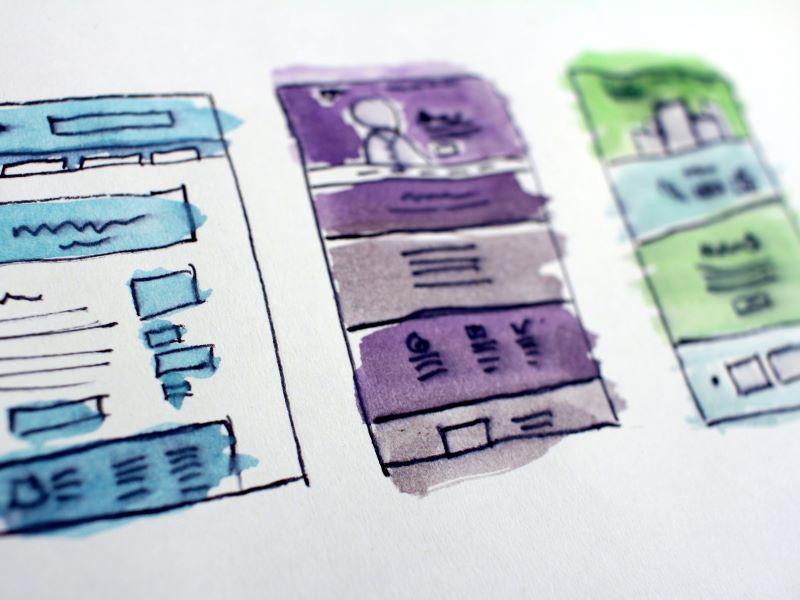Every year, in an introductory first-year political science class, Alastair invites students to passionately kiss or punch the person standing next to them. This is after he has made them shut their eyes, touch their nose with both index fingers, and then stand on one leg.
And laughed about how silly they look.
So far, thankfully, no one has ever taken him up on the kissing and punching. This silliness is part of a lecture in which he communicates the concept of political legitimacy and its limits, which isn’t the easiest thing to understand in your first week at university.
This exercise itself is a small gimmick. It doesn’t demand any course design skills, knowledge of pedagogy or understanding of teaching principles. Yet it takes us away from a typical lecture delivery and gets students moving and smiling and interested in where the lecture is going. It immediately breaks down many of the misconceptions that first-year students bring into the classroom and which can create a barrier between them and the lecturer. In other words, it is a small thing that makes a big difference. Communicating these instances of teaching practice is what we aim for in our podcast, HigherEd Heroes.
Why we need water-cooler conversations
We think it’s surprising – perhaps astounding – that most universities don’t have formal institutional spaces for the sharing of good classroom practices that are small-scale in nature. Teaching committees can be indispensable when it comes to course (re)design or curriculum development, but they rarely offer the opportunity for the teacher looking for small innovations that will allow them to make niche change.
- How to make campuses and courses more compassionate
- Using digital technology to assist the spread of knowledge and ideas about the SDGs
- How to enhance collaboration between faculty and digital teams
Often we observe how colleagues learn informally about small teaching practices – through conversations with peers in tea rooms, at water coolers, over lunch or even in the pub. These are places where we can yarn more freely about the things we do in our classrooms that we are proud of and which we know make a difference. And if a trusted colleague tells us about something that works, then we may just have a go at it ourselves.
Indeed, the example that we began with was “stolen” in exactly that way as Alastair overheard a former head of department telling a junior colleague how he always began a guest lecture by getting the class to close their eyes and touch their nose to teach them about political authority. He stole that example and developed it over a decade into a whole routine.
More recently, we have spent many hours sitting in a courtyard outside our school, under the palm trees and hot sun of Brisbane, eating our lunch and talking about the small things that make a big difference in our classroom. We call these “sandwich conversations” (in fact, not once has either of us eaten a sandwich but “last night’s reheated dinner conversations” doesn’t have such a catchy ring to it). When we are thinking about a change to our teaching practice, when we need inspiration around something specific or when we need reassurance or a bit of a push to make a change, we have a sandwich conversation and inevitably a small change happens in our classroom. Sometimes it works and sometimes it doesn’t (the trick is to attempt it regardless).
Fostering sandwich conversations online or on campus is super-easy: all you need is to find a like-minded person and start chatting. It’s about creating that space to allow yourself to talk and think about how you teach.
Being brave enough to make changes
Since 2020, we have tried to replicate these conversations in our podcast. We get great teachers to speak about that one thing that they know transforms their class, and we ask them to talk about it in an informal way: brief, free from teaching jargon, and practically focused on costs and benefits. It’s also (hopefully) a conversation with passion about what they are proud to show off about their classroom.
Over three series and 25 episodes, we have had some fantastic conversations, whether it was with Ryan Wilson, who discussed how he sends his students on scavenger hunts across campus, or Leigh Sperka talking about the “escape box” exercise she uses to introduce her course.
Our podcast started small and local – it was originally intended for colleagues in our faculty – but is now attracting listeners from 70 countries. Undoubtedly, this speaks to the high demand for everyday discussions about those small examples and the lack of supply in our universities.
When something different happens in a classroom, a lecturer regains control of the attention of their students. That is the whole purpose of these many little things: they make a student pick up their pen or open their laptop, sit up a little straighter and lean forward, switch on and ready themselves to learn.
Finally, all the teachers we speak to are brave. Making a change and doing something different in front of hundreds of students (or even a handful) is a risk, and all our conversations are with people who have been prepared to fail publicly, try again, succeed a little and then refine. That is why we call our podcast series HigherEd Heroes. You need to be brave to make these moments happen; but when you do, they will make a difference.
Sebastian Kaempf is senior lecturer in peace and conflict studies at the School of Political Science and International Studies at the University of Queensland (UQ). He has won numerous awards for teaching excellence, including the ISA Deborah Gerner Award for Teaching Innovation in 2020. Alastair Stark is an associate professor in the School of Political Science and International Studies, also at UQ, with a focus on public policy and crisis management. They host the podcast HigherEd Heroes.
If you would like advice and insight from academics and university staff delivered direct to your inbox each week, sign up for the Campus newsletter.




comment